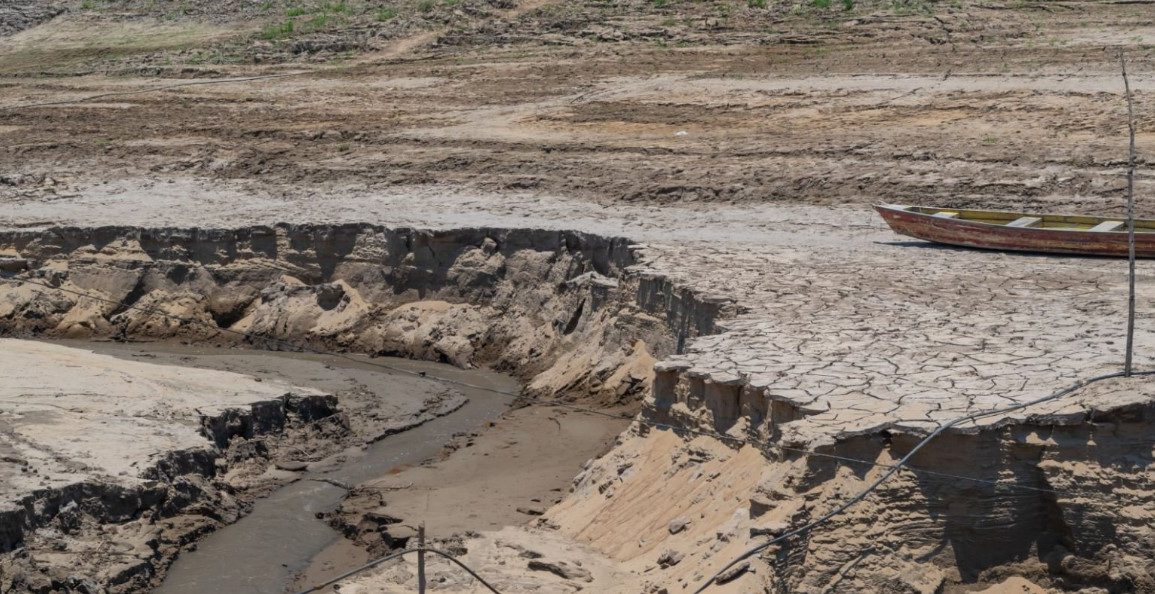A recent report by the Global Commission on the Economics of Water (GCEW) paints a grim picture of the global water crisis, warning that it could jeopardize more than half of the world’s food supply by 2050.
The report indicates that nearly 3 billion people live in regions where total water storage is predicted to decline, putting food security and livelihoods at significant risk.
Without immediate intervention, these water shortages could have severe economic consequences, particularly for both high-income and lower-income nations.
The report underscores that water-related disruptions could reduce GDP by an average of 8 percent for wealthier countries and as much as 15 percent for less developed ones.
These declines are primarily linked to climate change’s impact on precipitation patterns, rising temperatures, and declining access to clean water and sanitation.
The GCEW report stresses that the combination of these factors could create widespread economic instability if no action is taken.

In response, the GCEW urges for a transformation in global water governance. Water must be treated as a shared resource requiring more efficient management and equitable distribution.
The report advocates for policies such as eliminating subsidies for water-intensive industries and promoting water-saving technologies, especially for vulnerable populations.
Investing in water-related innovation is crucial, as emphasized by key figures like WTO Director-General Ngozi Okonjo-Iweala and Singapore’s President Tharman Shanmugaratnam.
The global water crisis is no longer a distant concern but an urgent issue demanding worldwide cooperation.
Proactive measures in water conservation and management can help avert the looming threat to food production and economic stability.
Immediate efforts are necessary to secure the future of water resources for generations to come.

